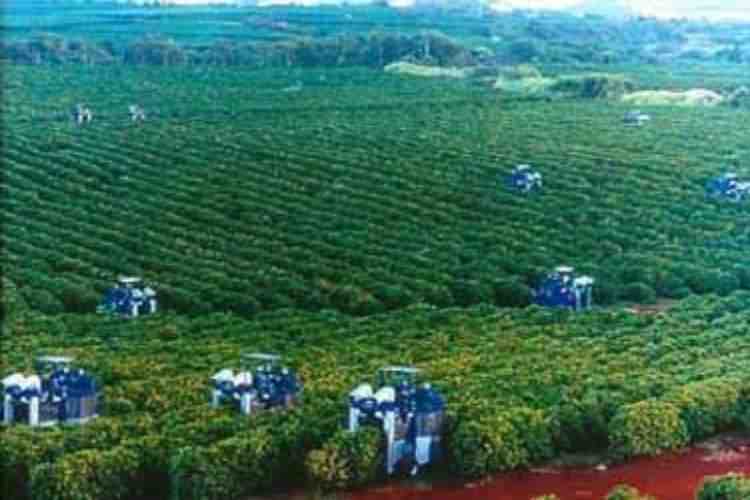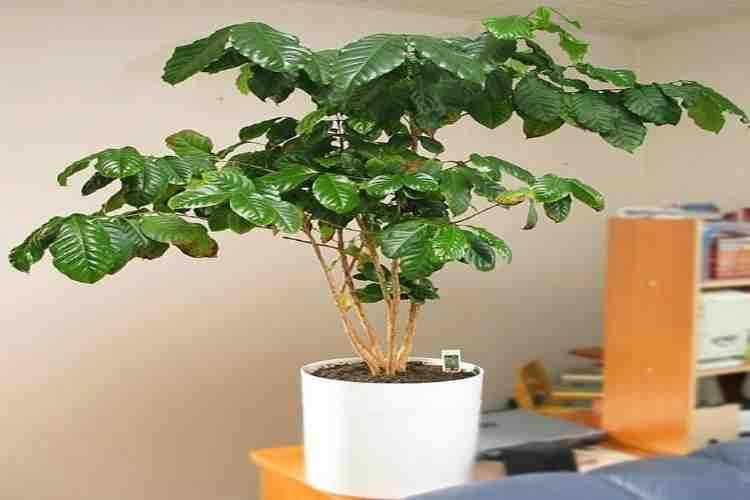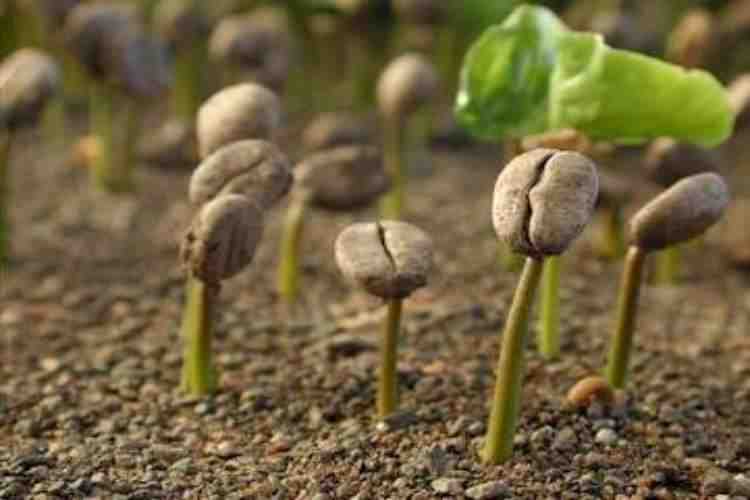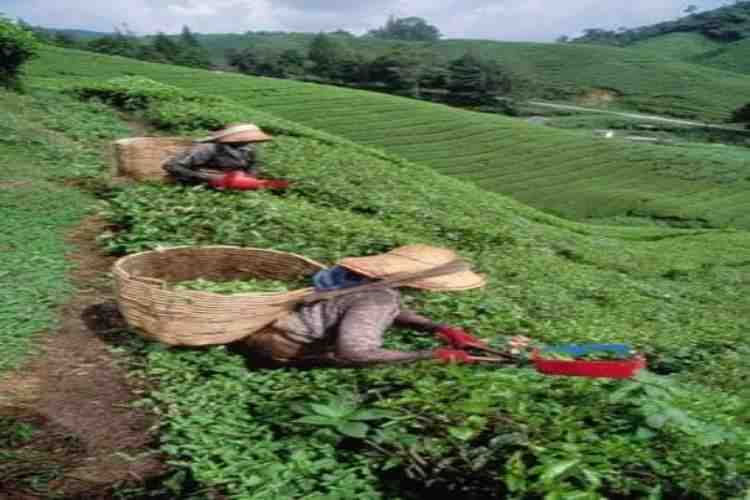
The coffee industry is one of the most important agricultural industries in the world. It employs millions of people and provides a livelihood for many more. But is growing coffee beans an eco-friendly agriculture? The short answer is no. The coffee industry has a substantial environmental impact, from how coffee beans are grown to how they are roasted and packaged. This post will explore eco-friendly options for producing and consuming coffee. We will also look at how the industry is trying to become more sustainable.
Coffee is the most consumed beverage in the world, with an estimated 2.25 billion people drinking it daily. It’s also one of the largest cash crops in the world, with annual revenues that exceed $150 billion. But all this popularity comes at a cost to farmers and the environment.
Growing coffee beans is a very climate-conscious activity. It’s been estimated that the energy needed to grow and process coffee beans in one year produces four times less carbon dioxide emissions than it would take to make the same amount of wine, for example.
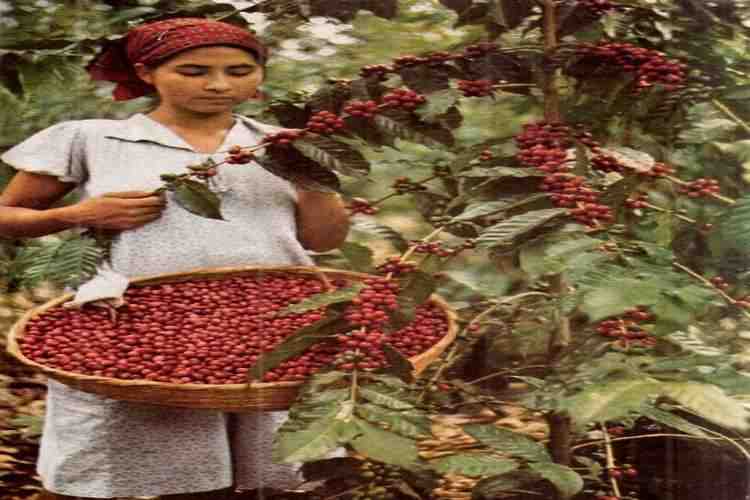
What is Ecofriendly Agriculture?
Ecofriendly agriculture is a type of farming that seeks to minimize the impact of agriculture on the environment. This can be done through various means, such as using less water, choosing environmentally friendly pesticides and herbicides, and planting cover crops. Ecofriendly agriculture also often includes sustainable practices, such as using renewable energy sources and rotating crops to preserve soil health.
Many coffee growers are adopting eco-friendly practices to reduce their operations’ environmental impact. For example, some farmers are using more efficient irrigation systems to conserve water, while others are planting trees to provide shade for their coffee plants and help offset carbon emissions. By implementing these and other eco-friendly measures, coffee growers can help make their operations more sustainable and reduce their environmental footprint.
Ecofriendly agriculture is a type of farming that respects and preserves the environment. This includes using sustainable practices to protect natural resources, minimizing pollution, and reducing the carbon footprint of agricultural operations.
Ecofriendly farmers use various sustainable methods to grow crops and raise animals. They might employ organic farming practices, use renewable energy sources, or implement efficient irrigation systems. By working in harmony with nature, eco-friendly farmers can produce healthy food while preserving the environment.
The coffee industry is often criticized for its environmental impact. However, there are many eco-friendly ways to grow coffee beans. For example, shade-grown coffee trees require less water and fertilizer than sun-grown plants. Additionally, organic coffee farms prohibit the use of harmful pesticides and herbicides.
When done correctly, growing coffee beans can be an eco-friendly agriculture practice. Farmers can produce delicious coffee using sustainable methods while respecting the environment.
The Three Principles of Ecofriendly Agriculture: Ecological, Economic, and Social Factors
The modern coffee industry is built on ecological, economic, and social principles that promote sustainable growing practices. These three principles are known as the “Three Pillars of Sustainable Agriculture.”
The Ecological Pillar: The ecological pillar of eco-friendly agriculture promotes sustainable land management and farming practices that protect natural resources. This includes using organic fertilizers and pest control methods, minimizing soil erosion, and conserving water resources.
The Economic Pillar: The economic pillar of eco-friendly agriculture promotes economically viable farming practices that generate fair wages for workers and provide affordable food for consumers. This includes diversifying farm products and markets, investing in agricultural infrastructure, and providing financial incentives for farmers to adopt sustainable practices.
The Social Pillar: The social pillar of eco-friendly agriculture promotes socially just farming practices that improve the quality of life for workers and their families. This includes ensuring decent working conditions, providing access to education and training, and promoting gender equity in the workforce.
Coffee Beans and its Growing Process
Coffee beans are the seeds of the coffee plant and are used to make coffee. The coffee plant is a small evergreen tree that is native to Ethiopia. The trees can grow up to 20 feet tall but are usually only about 10 feet tall. The coffee plant produces white flowers that have a strong smell. The flowers turn into green berries containing two coffee beans. It takes about nine months for the berries to mature.
Coffee plants can be grown in many different places around the world. They need to be in an area that is warm and has lots of rain. Coffee plants will also grow in places that have cold winters, but they will produce fewer beans. The best place to grow coffee is on a hillside with good drainage.
Coffee plants need to be pruned, so they do not get too big. They also need to be fertilized and watered regularly. It takes about three years for a coffee plant to mature enough to produce beans that can be harvested. Once the beans are harvested, they are roasted and ground up to make coffee.
Growing coffee beans is eco-friendly because it does not require using chemicals or other harmful products. Coffee plants also help improve the environment by providing shade and helping to prevent soil erosion.
How Easy it is to Grow Coffee Beans
Coffee beans are one of the easiest crops to grow. They can be grown in a variety of climates and soils, and they require very little care. Once coffee beans are planted, they will continue to produce coffee for many years with minimal effort.
This makes coffee beans ideal for small-scale farmers and those looking to start an eco-friendly agriculture business. Not only is growing coffee beans easy, but it is also a sustainable crop that can be harvested for many years without damaging the environment.
What is eco-friendly agriculture?
Eco-friendly agriculture is a type of farming that minimizes the impact on the environment. This can be done through various methods, such as using organic fertilizer, planting trees to provide shade and windbreaks, and using more efficient irrigation systems. Eco-friendly agriculture also uses less energy overall, reducing its environmental impact.
Of course, there is no one-size-fits-all approach to eco-friendly agriculture, as the specific methods used will vary depending on the local climate and ecosystem. However, all eco-friendly agricultural practices have one thing in common: they work to minimize the negative impact of farming on the environment.
Why is coffee an eco-friendly crop?
Coffee is an eco-friendly crop for several reasons. Firstly, coffee trees are relatively small and can be grown close to one another, meaning they take up less land than other crops. Secondly, coffee is a perennial crop that can be developed for many years without replanting. Finally, coffee trees produce a lot of fruit, meaning less waste is associated with the crop.
How to grow coffee beans eco-friendly?
When it comes to growing coffee beans, you can do a few things to ensure your agriculture is eco-friendly. To start, try using organic methods of growing and processing coffee beans. This means using natural fertilizers and pesticides and avoiding synthetic chemicals. You can also use sustainable farming practices, such as planting trees and shrubs that help support the local ecosystem and using mulch or other organic matter to help retain moisture in the soil. In addition, consider investing in energy-efficient equipment for your coffee bean farm, which can help reduce your carbon footprint.
What are the benefits of growing coffee beans?
Coffee beans are versatile and can be grown in various climates and soils. They are also relatively low-maintenance, making them a good choice for small-scale farmers.
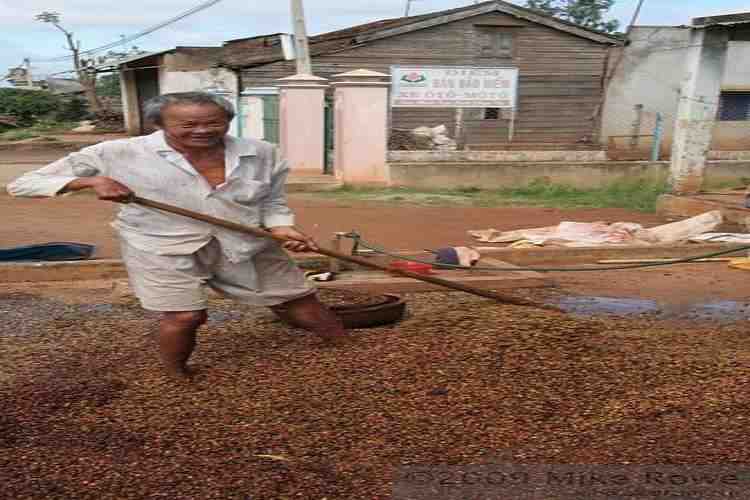
Coffee beans are rich in antioxidants and other nutrients that can benefit human health. For example, coffee consumption has been linked with lower risks of certain chronic diseases, such as heart disease and type 2 diabetes.
Growing coffee beans can also provide an essential source of income for farmers and their families. In many developing countries, coffee is one of the leading export crops and plays a vital role in the local economy.
Finally, coffee cultivation can have positive environmental impacts, such as providing a habitat for wildlife and contributing to soil fertility. With proper management, coffee farms can be sustainable and eco-friendly operations.
Conclusion
There are many factors to consider when determining if agriculture is eco-friendly. For coffee beans, some key considerations include the amount of water used in production, pesticides and other chemicals, and the impact on local ecosystems. Overall, growing coffee beans can be eco-friendly agriculture, but it is essential to research and choose a sustainable option.
The coffee bean is one of the most popular drinks in the world, and it’s no surprise that its popularity has led to a booming industry. However, the increased demand for coffee beans comes the need for more efficient and eco-friendly ways to grow them. This post has outlined some of the pros and cons of growing coffee beans, but increasing coffee beans can be eco-friendly if done correctly. With proper care and attention, farmers can ensure that their coffee bean crops are sustainable and provide a delicious cup for years to come.
